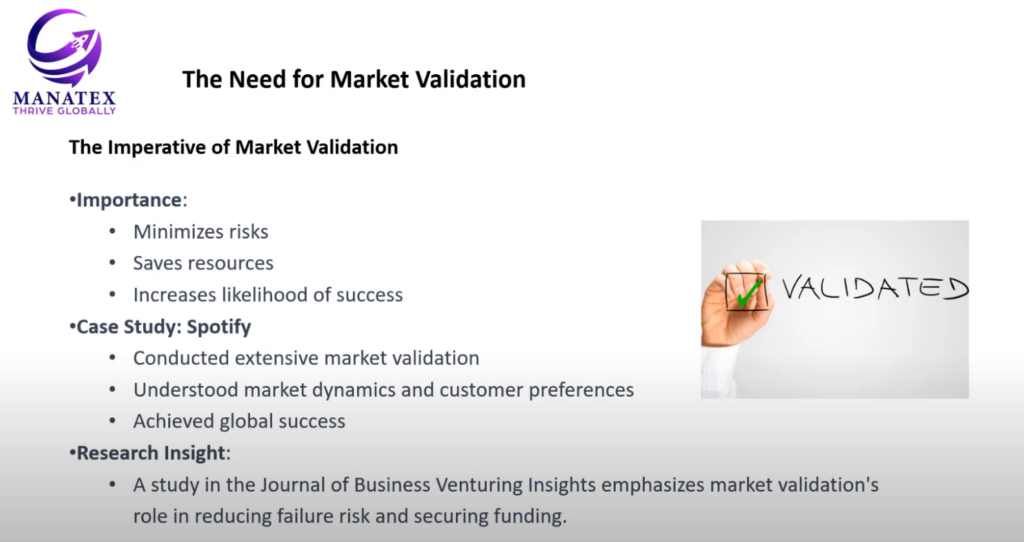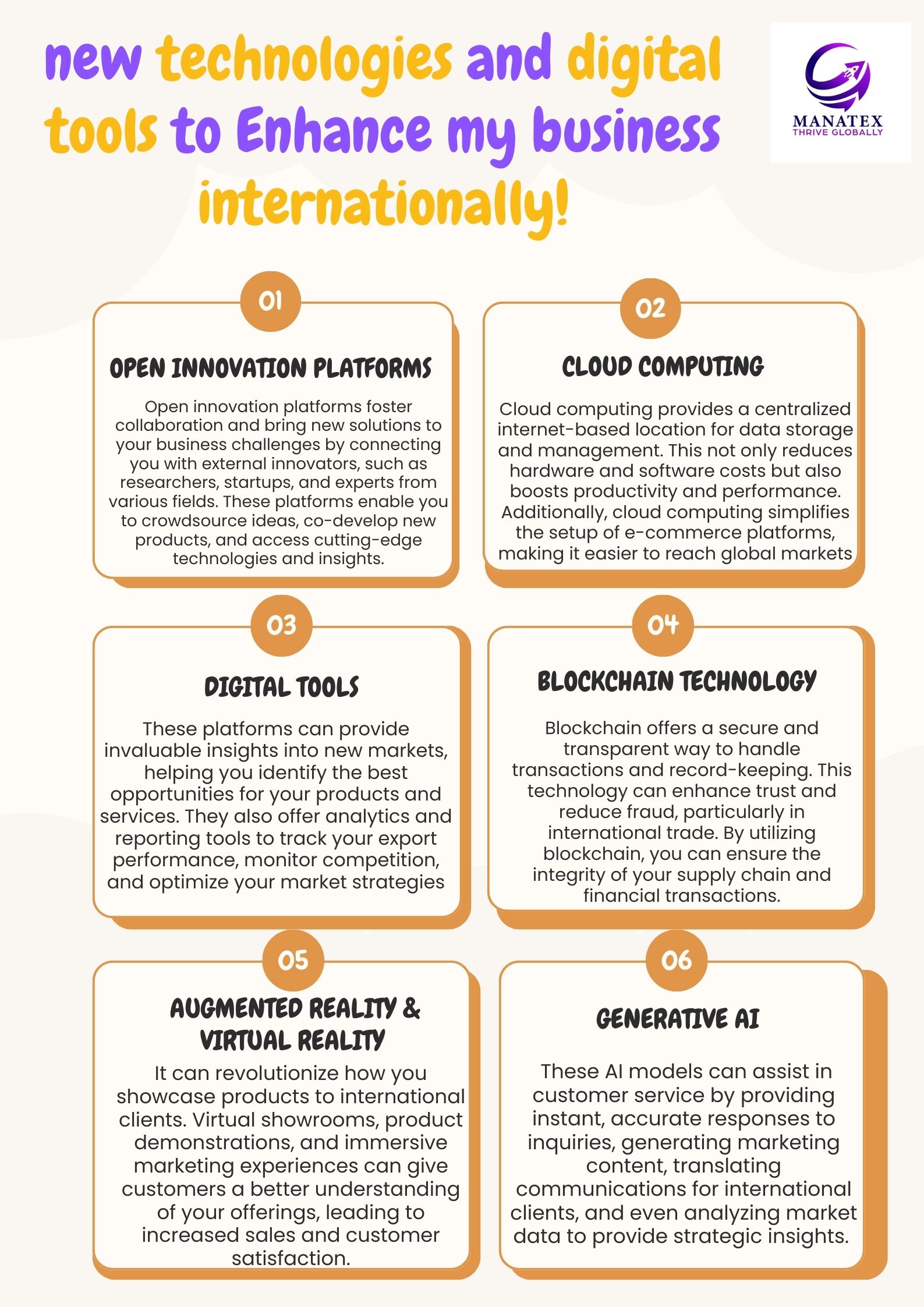In the ever-evolving world of business, the journey from an innovative idea to a successful venture is filled with challenges and uncertainties. For startups and Small and Medium-sized Enterprises (SMEs), one of the most critical steps in this journey is market validation.
This process involves a comprehensive assessment of a business idea or product’s viability in the market, a deep understanding of customer needs, and the formulation of informed strategic decisions.
The importance of market validation cannot be overstated. It serves as a strategic checkpoint that ensures efficient resource allocation and confirms the demand for the product or service being offered. It is a process that helps businesses assess the viability of their ideas, gain insights into customer behavior, evaluate competition, and refine their strategies.
By validating the market, businesses can minimize risks, save resources, and increase their likelihood of success in unfamiliar territories.
This article aims to provide an in-depth exploration of market validation, its necessity, and the roadmap to achieve it. It will also delve into the tools that can facilitate this process, focusing on real-world examples from Europe.
Drawing insights from scientific articles and internet resources, this article will serve as a comprehensive guide for startups and SMEs looking to navigate the complex terrain of market validation. Whether you’re a budding entrepreneur or an established SME looking to expand, this guide will equip you with the knowledge and tools needed to validate your market effectively and confidently.
 The Need for Market Validation
The Need for Market Validation
Market validation is a critical step for startups and SMEs seeking to expand into new markets. It serves as a strategic checkpoint to ensure that resources are allocated efficiently and that there is a demand for the product or service being offered. By validating the market, businesses can assess the viability of their ideas, gain insights into customer behavior, evaluate competition, and refine their strategies. Market validation minimizes risks, saves resources, and increases the likelihood of success in unfamiliar territories.
A study published in the Journal of Business Venturing Insights emphasizes the importance of market validation for startups, stating that it significantly reduces the risk of failure and increases the chances of securing funding. For instance, Spotify, a Swedish startup, conducted extensive market validation before launching its music streaming service. This helped the company understand the market dynamics, customer preferences, and competitive landscape, leading to its global success.
Roadmap for Market Validation
Market validation involves a series of steps that provide a comprehensive understanding of the market and customer needs. Here is a step-by-step guide:
-
- Market Research: This involves identifying target markets, assessing market size, analyzing trends, and evaluating the competitive landscape. For example, the Danish company, Endomondo, conducted extensive market research before launching its fitness tracking app, which helped it identify the growing trend of health and fitness apps and the potential for growth in this market.

- Market Research: This involves identifying target markets, assessing market size, analyzing trends, and evaluating the competitive landscape. For example, the Danish company, Endomondo, conducted extensive market research before launching its fitness tracking app, which helped it identify the growing trend of health and fitness apps and the potential for growth in this market.
- Customer Analysis: This involves understanding the target audience through customer segmentation, surveys, and interviews. For instance, the Dutch company, Booking.com, regularly conducts customer surveys to understand customer preferences and pain points, enabling it to tailor its offerings effectively.
- Competition Analysis: This involves identifying market gaps, evaluating competitor strengths and weaknesses, and uncovering potential areas of differentiation. For example, the German company, N26, conducted a thorough competitor analysis before launching its digital banking services, which helped it identify gaps in traditional banking services and position itself as a user-friendly and convenient alternative.
- Validation Experiments: This involves designing and executing validation experiments to test assumptions, gather feedback, and validate market demand. For instance, the UK-based company, TransferWise (now Wise), used MVP testing to validate the demand for its low-cost international money transfer service.
- Data Analytics: This involves collecting and analyzing customer behavior data, such as web traffic, conversion rates, and engagement metrics. For example, the French company, BlaBlaCar, uses advanced data analytics to understand user behavior and optimize its carpooling service.
- Actionable Recommendations: Based on the insights gathered, businesses can optimize product-market fit, marketing campaigns, and overall market entry strategies. For instance, the Italian company, Musement, used the insights from market validation to optimize its travel booking platform and successfully expand into new markets.
Click here to learn more about tools for market validation.
Article written by: Pourya Darnihamedani
You can watch here our complete webinar on Market validation:





